The project has 6 partners from Portugal, Spain, Italy, Croatia, Estonia and Norway.
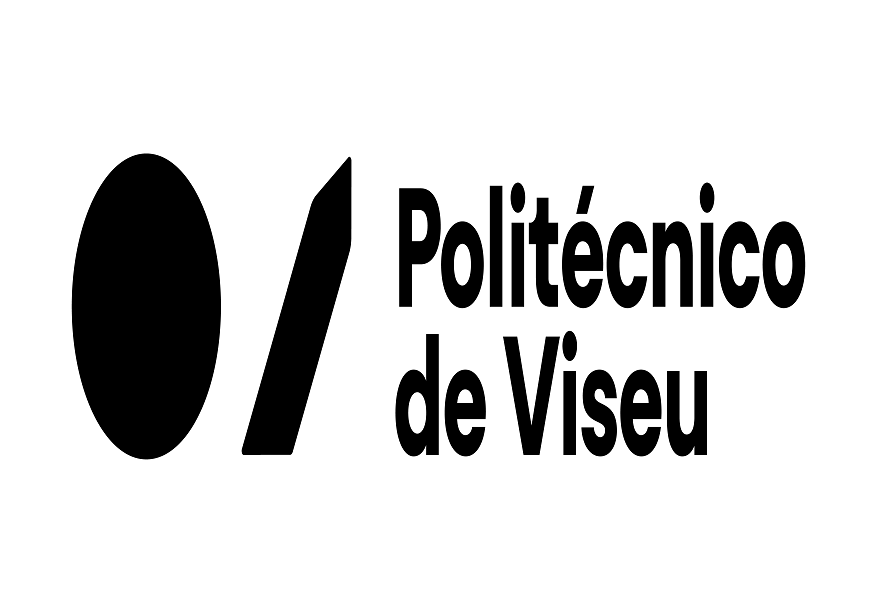

Polytechnic Institute of Viseu. Portugal
The Polytechnic Institute of Viseu (PV) is based in the city of Viseu, in the inner middle-centre of Portugal. Four schools of the PV are located in Viseu: Education, Health, Agriculture, Technology and Management. There is also one school in the city of Lamego: Technology and Management.
In PV five schools, a total of 5,000 students are involved in 81 programmes: Bachelor’s and Master’s degrees, as well as Post-Graduations and Technical-Professional Training programmes (EQF level 5). The research is organised in four research units: two research centres (CI&DETS: Research Centre in Innovation and Education and CISeD – Research Centre in Digital Services) and two local extensions of national research centres (Health Sciences Research Unit: Nursing (UICISA: E), hosted by the Nursing School of Coimbra, and CERNAS – Research Centre for Natural Resources, Environment and Society). This has allowed for international, national and internal collaboration across disciplinary areas.
Academic research and education at IPV are characterised by a high level of ambition and encourage free and open communication and ideas. The diversity of qualification areas is brought together by a common pedagogical approach of valuing active learning along with practical experiences in real contexts through collaboration with local and regional stakeholders, enterprises, civil society, schools, and communities. The education ecosystem is also defined by its connection to research.
The Agrarian School’s (ESAV) specific domains of expertise are cover the whole food sector, from production to transformation and commercialization, promoting good agricultural practices, clean and
environmentally friendly technologies, efficient transformation processes and food quality promotion.
The school has its own farm (Quinta da Alagoa) that produces vegetables, fruits, olives and oil, wine, honey and several animals species. The farm has collections of autochthonous vineyards and thistles. Apart from the farm, ESAV possesses a wide variety of facilities with laboratories dedicated to different subjects and which support all learning and research activities.
ESAV has been a key partner and leader in previous successful Leonardo projects, such as COMPASS, PARTiREC or ECONEWFARMERS, and is highly experienced in managing research projects and working groups, particularly with international networks.
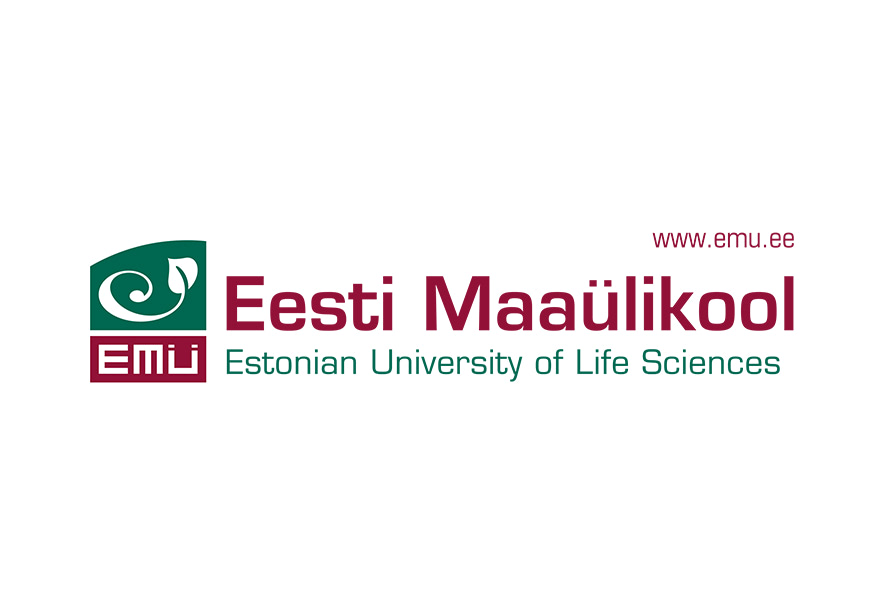

Eesti Maaülikool (Estonian University of Life Sciencies). Estonia
Estonian University of Life Sciences (EMÜ) is a public university, established in 1951. It is the centre of research and development in the fields of agriculture, forestry, animal science, veterinary science, rural life and economy, food science and environmentally-friendly technologies in Estonia.
According to QS World University Rankings by Subject (2016), EMU is one of top 100 universities in the world in the field of agriculture and forestry, ranked 51 to 100. EMU also belongs to the top 1% most cited research facilities in the world.
Currently, teaching and research are carried out in five institutes and one college:
- Institute of Agricultural and Environmental Sciences.
- Institute of Veterinary Medicine and Animal Sciences.
- Institute of Forestry and Rural Engineering.
- Institute of Technology.
- Institute of Economics and Social Sciences.
- Tartu Technology College.
There are around 2700 students enrolled at the university, from which 9% are international degree students. Additionally, EMÜ receives about 130 exchange students each year. EMÜ employs 983 staff members (including 443 academic staff members).
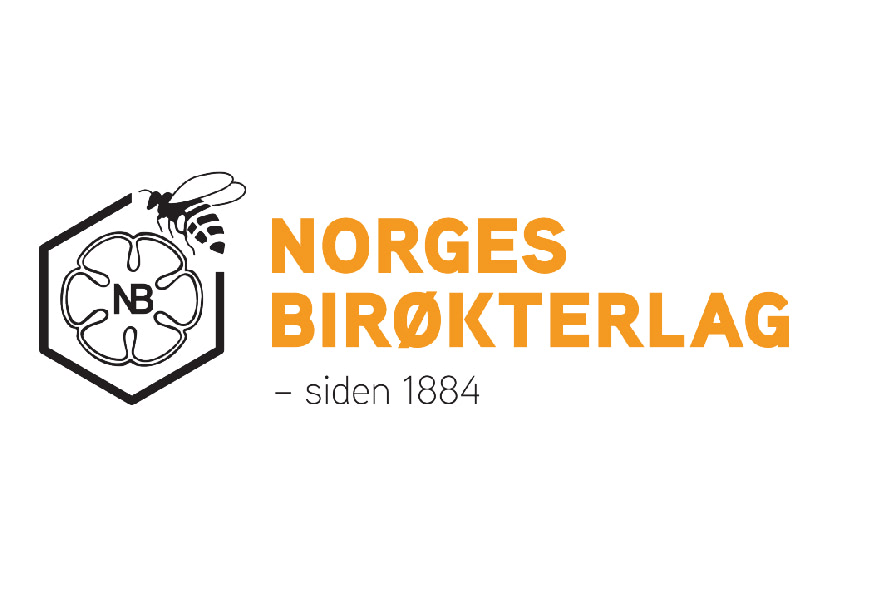

Norges Birokterlag Forening (Norwegian Beekeepers Association). Norway
The Norwegian Beekeepers Association (NBA) was founded in 1884 as the professional organization working for better terms for beekeepers in Norway. NBA has 4 200 members organized in more than 100 local entities.
Core activities of NBA includes:
- Organizing the national breeding program for honeybees in Norway..
- Production of a beekeeper magazine, 10 issues/year.
- Development of new courses within the various fields of beekeeping.
- Training of lecturers/teachers for the courses of beekeeping.
- Conducting RTD projects with funding form the Norwegian Research Council, EU and others.
- Informing the public about the importance of honeybees and other pollinating insects for pollination of crops and wild plants.
- Working for better terms for beekeepers in Norway through negotiations with governmental bodies.
- Advisory services for beekeepers.
As a result of our advisory services, Norway is perhaps the only
country where all chemical treatments against the parasitic mite Varroa destructor is limited to organic methods (use of organic acids).
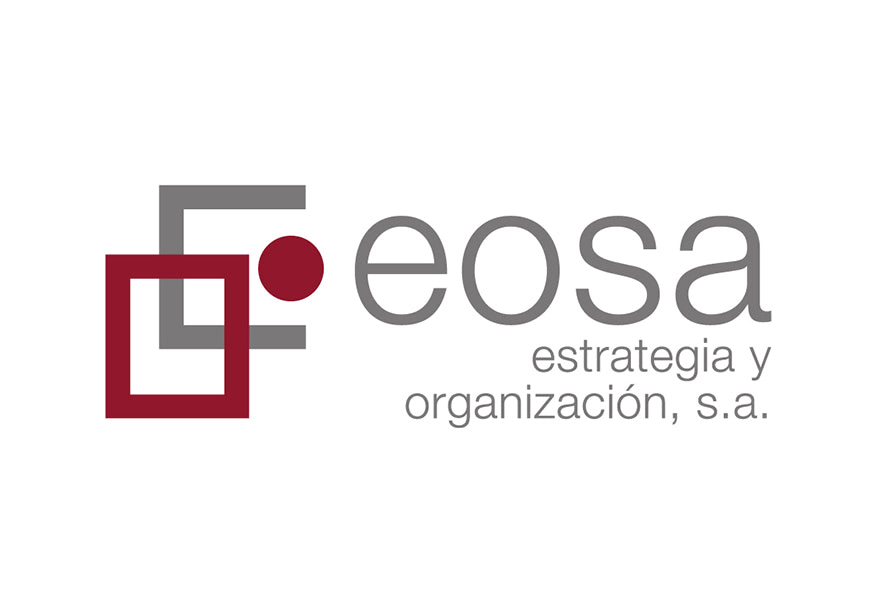

Estrategia y Organización SA (Strategy and Organization, SA). Spain
Strategy and Organization, SA (EOSA) is a consulting company established in 1993 and specialising in the area of consultancy and training, aimed at both public administrations and private entities.
During these years, more than 40 professionals of EOSA – with extensive experience in leading firms – have responded, in the form of efficient and concrete solutions, to the needs of their clients, understanding that “their future is our own future”.
The organization works with public bodies and private entities in the development of efficient solutions, tailored to the customer’s needs. The core fields of expertise, backed by a large number of references from the projects carried out, are:
- Strategic planning;
- Public funds and EU-supported project management;
- Economic promotion and employment;
- Human resources and organizational development
- Recruitment services;
- Reports and observatories;
- ICT solutions;
- Innovation and environmental projects;
- Internationalization;
- Communication & Marketing;
- Professional training services.
EOSA has a vast experience in design and management of projects funded with EU funds. In fact, it has assisted more than 35 projects in the last 5 years, dealing with administrative and economic issues linked to the implementation and follow-up of projects and developing activities related with dissemination and communication tasks. It has gathered an important experience related to diverse sectors during the last years, from maritime to biotechnology, from health to environment or agriculture, mainly through the submission and management of cooperation projects funded by the ERDF.
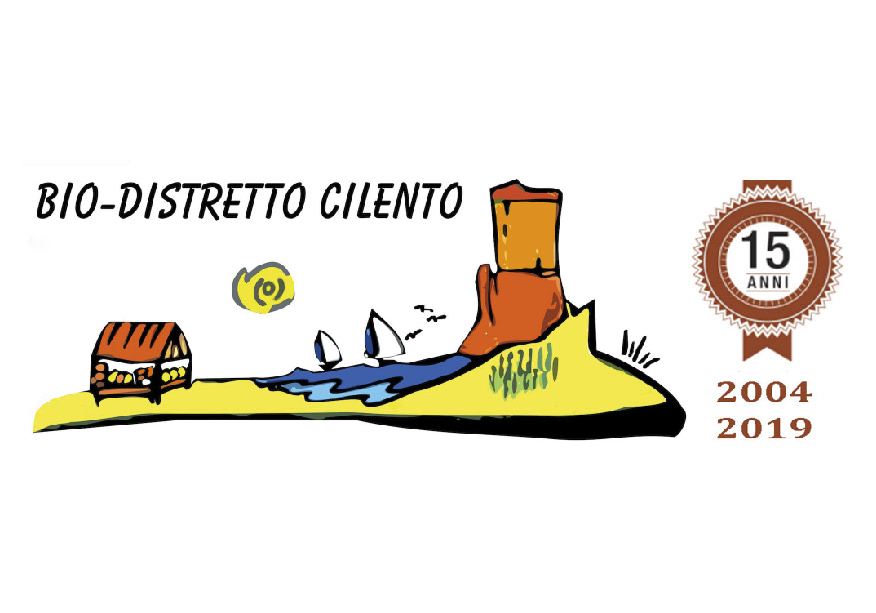

Bio - Distretto Cilento (Cilento Bio-district). Italy
Cilento Bio-district was constituted in 2004 and represents the first bio-district in Europe: territory that act according the principles and methods of the organic production and consumption, which become drivers of sustainable development, adopting an integrated approach and active participation of the different territorial actors.
At present there have been constituted 30 Bio-districts in Italy and almost 25 other territories are underway. They operate in 132 Municipalities, dealing with 600.000 inhabitants and about 1.300 enterprises.
The Cilento Bio-district is an active member, of IN.N.E.R. network, with which promoted the creation of Bio-districts (or Eco-Regions) in France, Austria, Switzerland, Portugal, Spain and other territories of Mediterranean Basin.
The bio-district approach, aiming to stimulate dialogue between grassroots experiences, governments, international organizations and the private sector, to work together in building a better quality of development, contributes to the major EU global challenge of ensuring food and nutrition security (FNS). It also aims to respond to the international agreements on climate commitments and to the current EU political priorities of growth, secure and competitive economy, a more democratic Union and the circular economy. It is also consistent with the orientations of the UN Agenda for 2030.
Since 2017 Cilento Bio-district is recognized as a best practice within the FAO Agroecology Knowledge Hub.
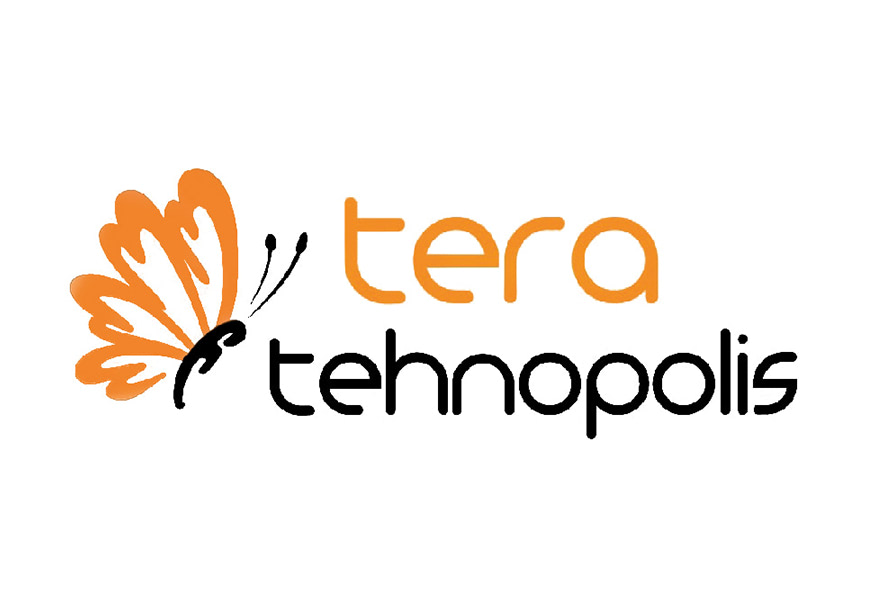

Tera Tehnopolis Ltd. Croatia
TERA Tehnopolis Ltd. (TERA) is a joint-venture of the Josip Juraj Strossmayer University of Osijek, the City of Osijek and the Osijek-Baranja County and has 8 employees. TERA experts assist
entrepreneurs in practicing their knowledge and skills for effective management and they provide incentives for potential entrepreneurs to establish their own business. The centre provides services for business counselling and education (conferences, courses, workshops, seminars), representation in the field of the protection of intellectual property, making prototypes and models with help of 3-D printing technology. It also offers lease of office spaces in TERA business incubator for the realization of projects that are based on knowledge and technology.
TERA builds experience in services supporting academic entrepreneurial projects since 2003 and student business plans since 2005. TERA Tehnopolis also has a student incubator where students have the opportunity to develop their entrepreneurial ideas.
TERA has extensive experience in conducting educational and promotional activities such as technology, entrepreneurship and IP seminars, workshops, exhibitions and fairs. These events are usually closely associated with the projects and specific areas of interest. Training workshops such as writing business plans, business negotiation and IP protection are usually accompanied with TERA own custom maid manuals, brochures and training materials.
TERA has considerable experience in preparing and implementing projects in the field of agriculture. In particular, TERA team implemented two research projects where beekeeping was an important element (investigation of Milk thistle and pyrethrum plants). Additionally, TERA supported several start-ups in the field of beekeeping where research results were patented and commercialized (propolis in bars and beekeeping equipment) .




